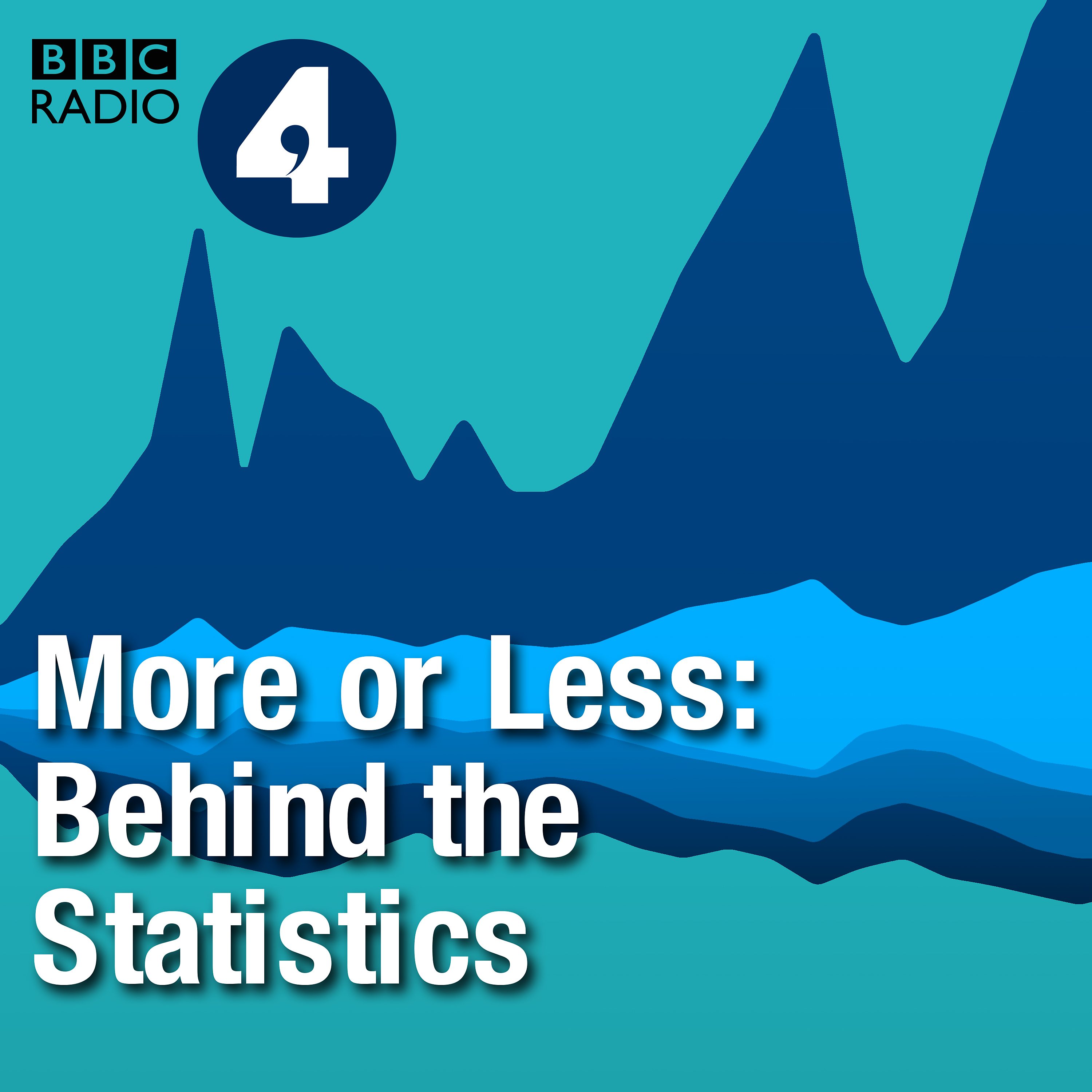Selfies, sugar daddies and dodgy surveys
Adverstising dressed up as research has inspired us this week. Firstly recent reports that said that young women aged between 16 and 25 spend five and a half hours taking selfies on average. It doersn't take much thinking to realise that thhere something really wrong with this number. We pick apart the survey that suggested women are spending all that time taking pictures of themselves. The second piece of questionable research comes from reports that a quarter of a million UK students are getting money from 'sugar daddies' they met online. The story came from a sugar daddy website. They claim around 225,000 students have registered with them and have met (mostly) men for what they call "mutually beneficial arrangements". We explain our doubts over the figures. There were reports recently that there will more plastic in the ocean than fish by 2050. The report comes from The Ellen MacArthur Foundation. But, as we discover, there's something fishy about these figures. Away from advertising, studies have shown that children born in the summer do not perform as well as children born earlier in the academic year. For this reason schools are being encouraged to be sympathetic to parents that want their summer-born children to start a year later. But what should parents do? Is this a good option? We speak to Claire Crawford, Assistant Professor of Economics at the University. Gemma Tetlow from the Institute for Fiscal Studies explains how some areas of public spending having fallen to similar levels seen in 1948. She explains how spending has changed over time, and what might happen in the future. And friend of the programme, Kevin McConway, explains some of the statistical words that non-statisticians do not understand.

27m